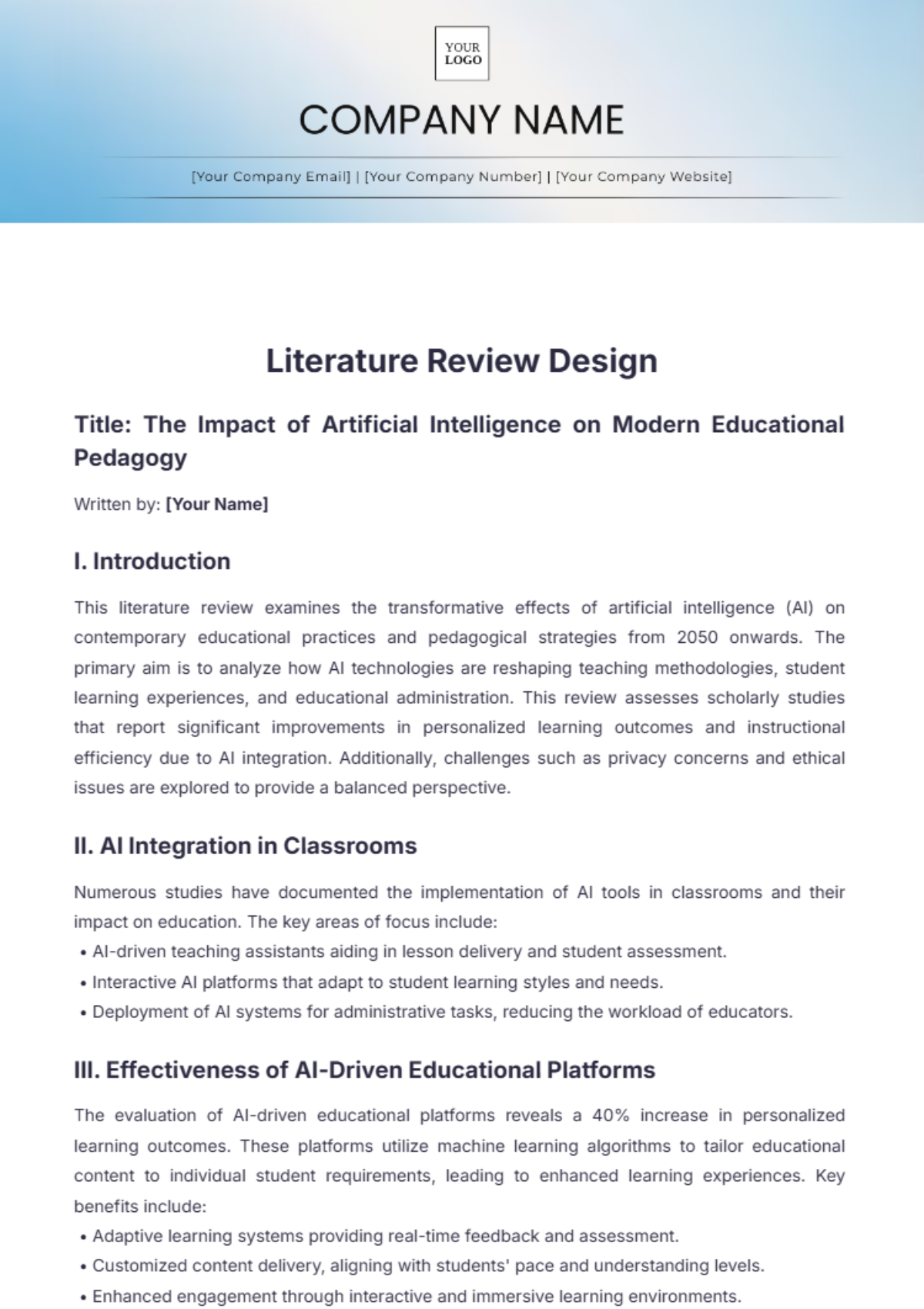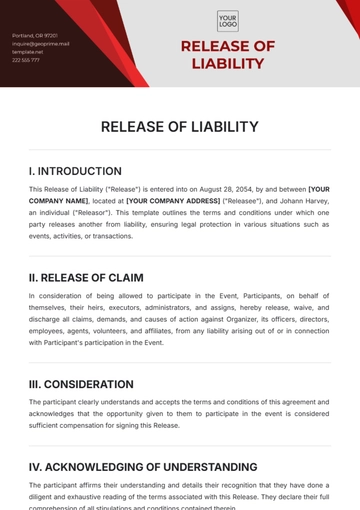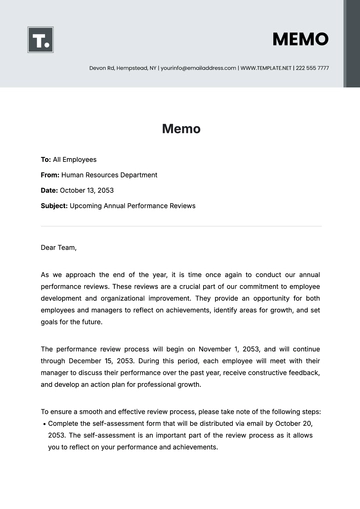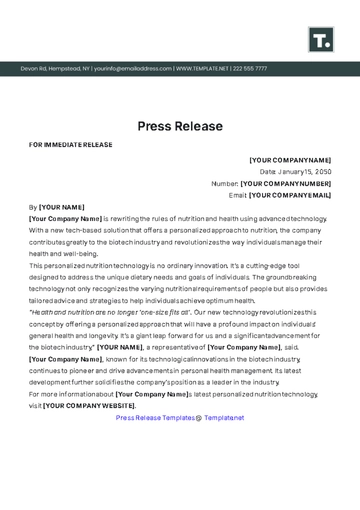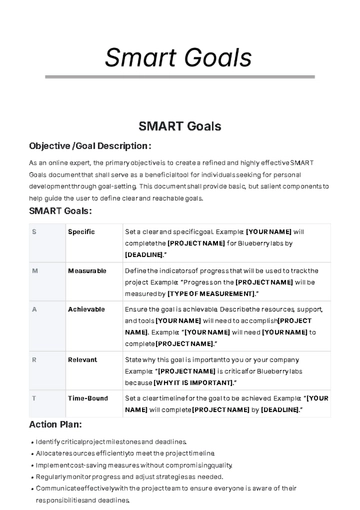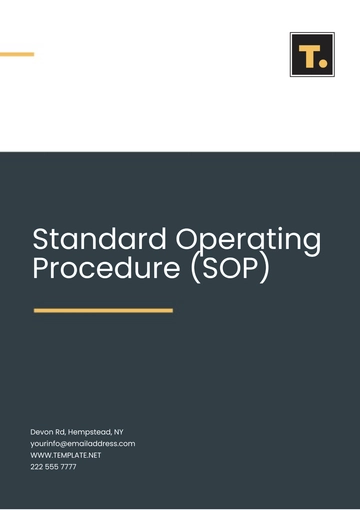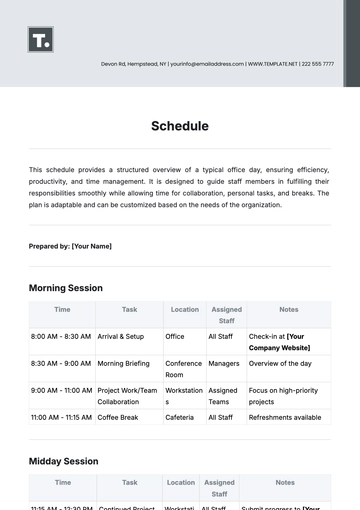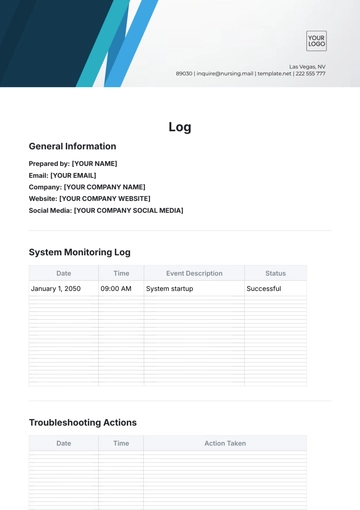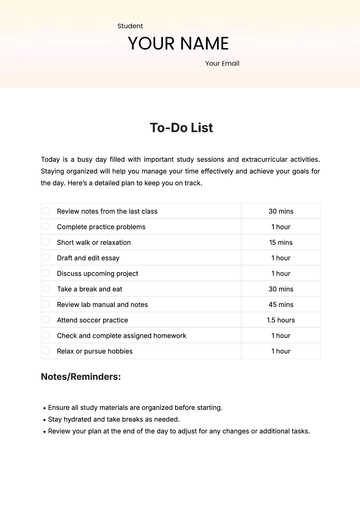Literature Review Design
Title: The Impact of Artificial Intelligence on Modern Educational Pedagogy
Written by: [Your Name]
I. Introduction
This literature review examines the transformative effects of artificial intelligence (AI) on contemporary educational practices and pedagogical strategies from 2050 onwards. The primary aim is to analyze how AI technologies are reshaping teaching methodologies, student learning experiences, and educational administration. This review assesses scholarly studies that report significant improvements in personalized learning outcomes and instructional efficiency due to AI integration. Additionally, challenges such as privacy concerns and ethical issues are explored to provide a balanced perspective.
II. AI Integration in Classrooms
Numerous studies have documented the implementation of AI tools in classrooms and their impact on education. The key areas of focus include:
AI-driven teaching assistants aiding in lesson delivery and student assessment.
Interactive AI platforms that adapt to student learning styles and needs.
Deployment of AI systems for administrative tasks, reducing the workload of educators.
III. Effectiveness of AI-Driven Educational Platforms
The evaluation of AI-driven educational platforms reveals a 40% increase in personalized learning outcomes. These platforms utilize machine learning algorithms to tailor educational content to individual student requirements, leading to enhanced learning experiences. Key benefits include:
Adaptive learning systems providing real-time feedback and assessment.
Customized content delivery, aligning with students' pace and understanding levels.
Enhanced engagement through interactive and immersive learning environments.
IV. Evolving Roles of Educators
The integration of AI in education necessitates a reevaluation of the traditional roles of educators. The literature highlights the following shifts:
Teachers transitioning from information providers to facilitators of learning.
Increased focus on developing critical thinking and problem-solving skills among students.
Greater emphasis on mentoring and guiding students through personalized learning paths.
V. Challenges and Ethical Considerations
While AI presents numerous advantages, it also introduces challenges. Notable concerns include:
A 30% rise in privacy concerns due to data collection and analysis practices.
Ethical issues related to bias in AI algorithms and decision-making processes.
Potential over-reliance on AI, potentially diminishing the human element in education.
VI. Emerging Trends and Best Practices
By synthesizing existing research, this review identifies emerging trends and best practices in AI integration within education. Key trends include:
Increasing adoption of AI-powered analytics for personalized learning paths.
Integration of virtual and augmented reality tools to create immersive learning experiences.
Development of AI-driven platforms that support continuous professional development for educators.
VII. Conclusion
This literature review provides valuable insights for educators, policymakers, and technology developers involved in advancing educational practices. By enhancing understanding of AI’s potential to improve educational outcomes, the review aims to guide future research and development in this dynamic field. Ultimately, the effective integration of AI holds the promise of significantly transforming modern educational pedagogy for the better.
Review Templates @ Template.net
